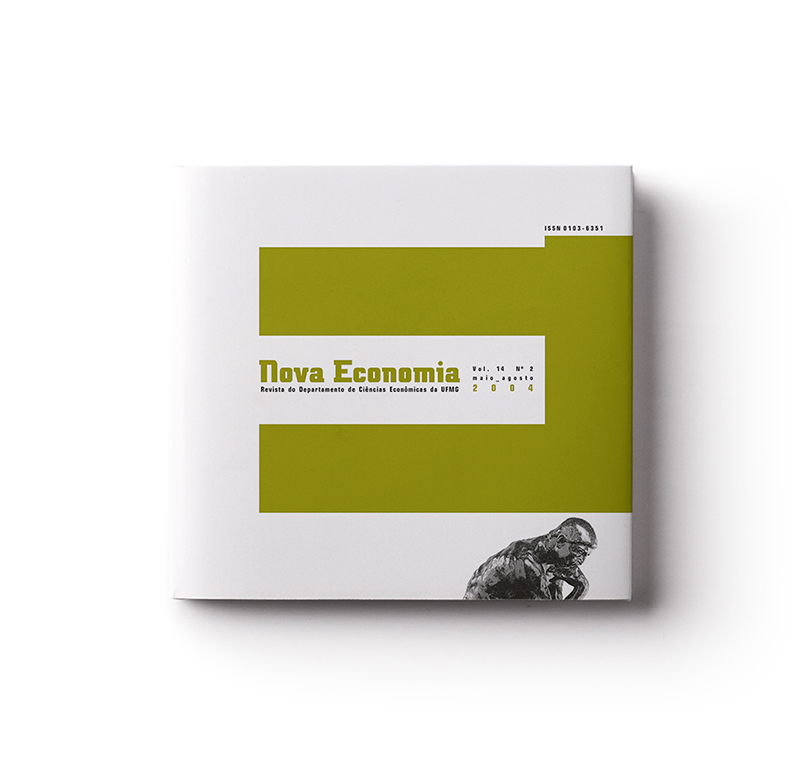Participação da mulher no mercado de trabalho e desigualdade da renda domiciliar per capita no Brasil: 1981-2002
Keywords:
inequality, women’s labor, Gini index, women’s earnings.Abstract
This study analyses the evolution of woman labor force participation in the labor market, the contribution of their earnings to household income and its impact on the inequality of per capita household income distribution, in Brazil, for the period 1981-2002. The data set is provided by the National Household Sample Survey (PNAD). The decomposition of the Gini index by factor components shows that, during that period occurred a decrease in the participation of men’s earnings and an increase in the participation of both women’s earnings and pensions in the inequality of per capita household income. The increase in the contribution of women’s earnings to inequality is mostly due to the strong rise in the participation of these earnings in the household income.Downloads
Published
2009-06-01
How to Cite
HOFFMANN, R.; LEONE, E. T. Participação da mulher no mercado de trabalho e desigualdade da renda domiciliar per capita no Brasil: 1981-2002. Nova Economia, [S. l.], v. 14, n. 2, 2009. Disponível em: https://revistas.face.ufmg.br/index.php/novaeconomia/article/view/430. Acesso em: 24 dec. 2025.
Issue
Section
Regular Issue
License
Authors who publish with this journal agree to the following terms:
- Authors retain copyright and grant the journal right of first publication with the work simultaneously licensed under a Creative Commons Attribution 4.0 International License that allows others to share the work with an acknowledgement of the work's authorship and initial publication in this journal.
- Authors are able to enter into separate, additional contractual arrangements for the non-exclusive distribution of the journal's published version of the work (e.g., post it to an institutional repository or publish it in a book), with an acknowledgement of its initial publication in this journal.
- Authors are permitted and encouraged to post their work online (e.g., in institutional repositories or on their website) prior to and during the submission process, as it can lead to productive exchanges, as well as earlier and greater citation of published work (See The Effect of Open Access).




